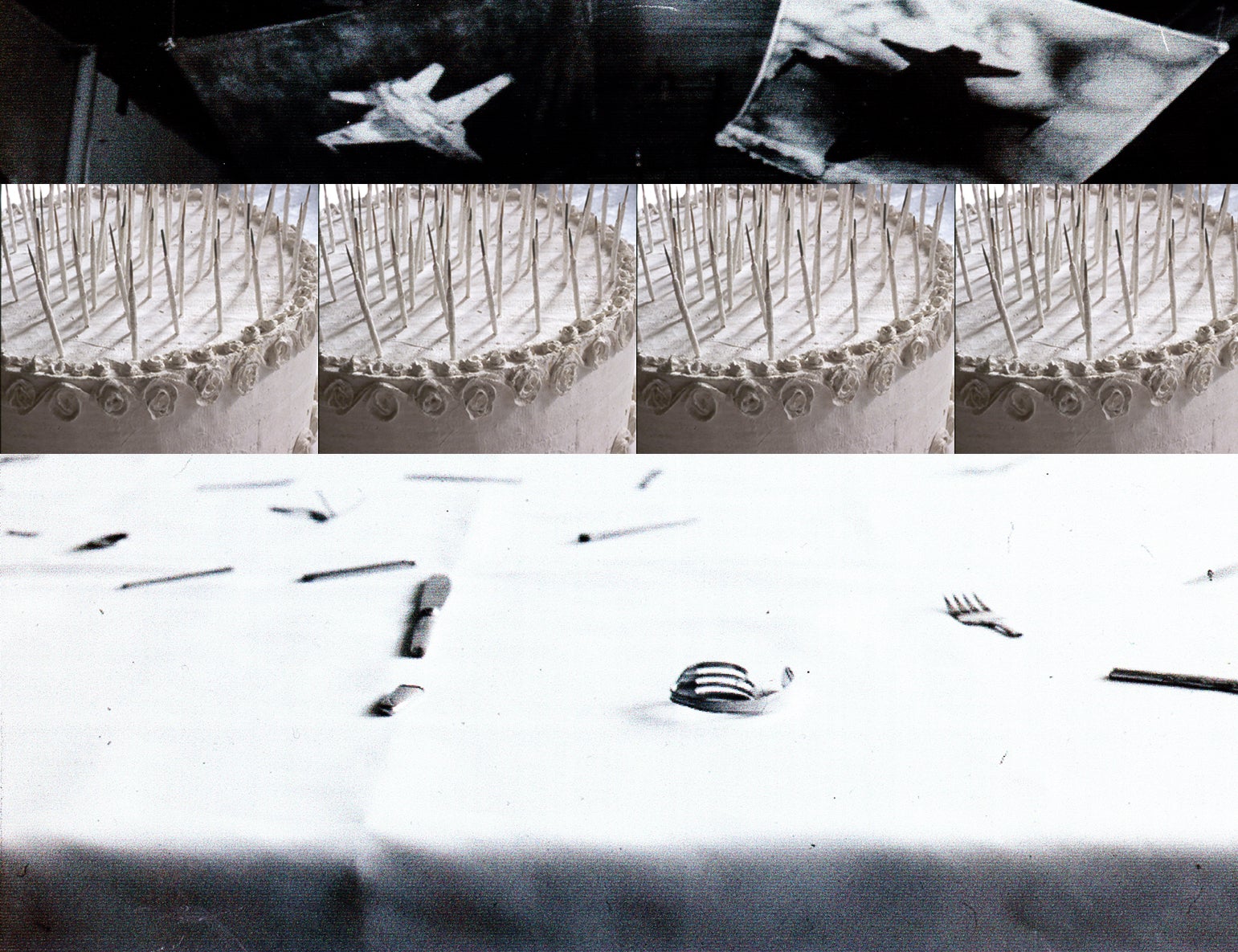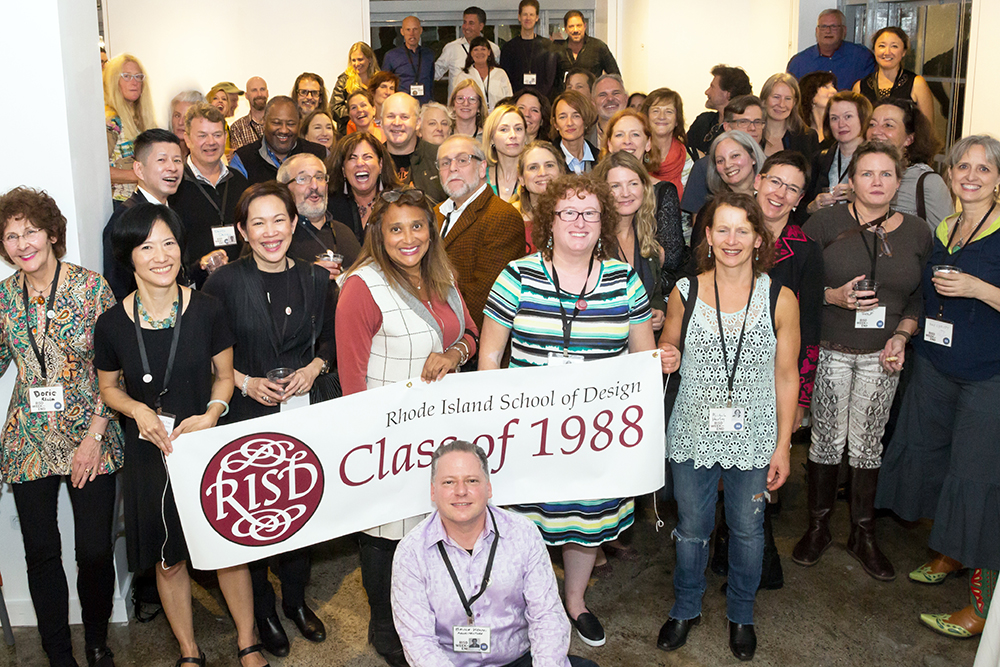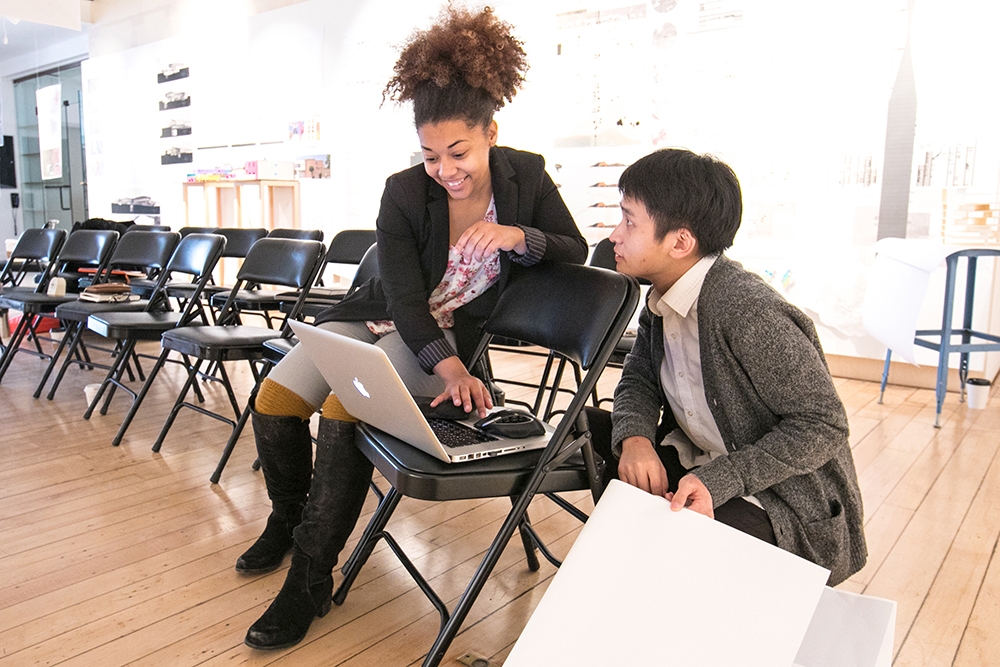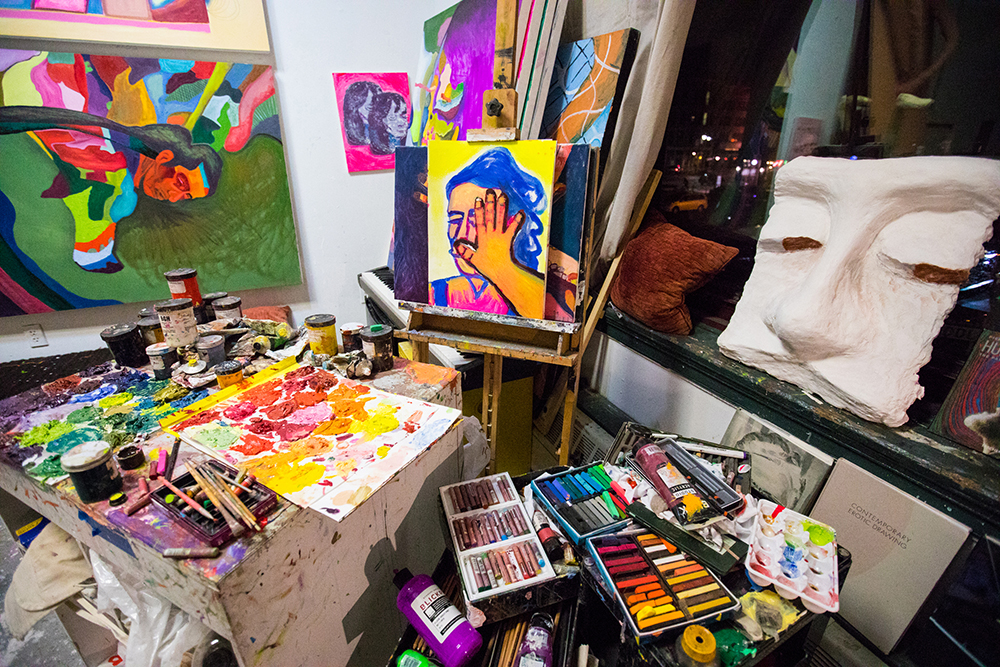
"Who Decides Who Gets to Di(n)e"
Press release December 31, 2023
Ahní Rocheleau, 505-490-7031
One of “12 New Mexico Artist to Know Now/2023”
rouses the angst of war in our daily life
Exhibition Dates: January 16–February 2, 2024
Opening Reception: Thursday, January 18, 2-4:30 PM
Location: Santa Fe Visual Arts Gallery, Santa Fe Community College, 6401 Richards Avenue
“I have always enamored of Picasso’s Guernica, Leon Golub’s Vietnam painting series, and Marina Abramovic’s “Balkan Baroque” performance unforgettable.” In her beautifully serene yet haunting artwork, Santa Fe Community College adjunct art professor Ahní Rocheleau addresses the unbearability of war. As so frequently found in art, we encounter a deep love of humanity and understand that putting oneself in the shoes of others, is a large part of the answer. At the Santa Fe Community College fine arts gallery opening January 16th, Rocheleau’s current partial installation, a segment from a larger artwork “Who Decides Who Gets to Di(n)e” can be experienced. She makes visible with charcoal drawing on bedsheet and celebratory cake, the everyday cherished common experiences we share, while superimposing the dark enterprise of night bombing to evoke our empathic response. What haunts in our shared experience of this work, is that we are brought into the dialogue; a visual intervention arresting our consciousness. The substitution of gritty charcoal and graphite for full-color glossy imagery de-glorifies the power of combat technology. The microcosmic space-time artwork is an offering for the macrocosm. Inspired by reports she heard in the past directly from people experiencing life under bombing raids. Objects are in relationship to each other through very specific and conceptual spatial arrangement; including us, the viewer of the work, as an integral part of the configuration.
We associate with humble objects recognizable from our own daily lives, things we touch every day and take for granted, -eating utensils, bedsheets. We are reminded, the more ritualized ceremonial moments in our lives, are forever deferred or lost for those facing campaigns of cruelty.
Rocheleau asserts, “The enemy is hate; the adversary is not any single group. It is the prescribed act of dehumanization; the performance of othering; the unwillingness to know each other; it is the unnecessary adoption of an us/them mindset that drives support for warfare. Our own conditioned and programmed resistance to broadening our social circles is at root.Rocheleau grew up listening to her father’s World War II stories. “He told me something about his war experience, weekly if not daily, and in later years, nearly every time I visit, and so I became highly sensitized to war.” This installation takes a human stance and brings home for us in simple, stark, ways “that arrest our consciousness, how dreams and lives are lost when governing powers with military weapons strike yet another homeland, for yet another reason.”
Ahní Rocheleau, recently selected as one of “12 New Mexico Artists to Know Now” works in installation, performance art, sculpture, painting, and curating at the intersection of human/ecosystem relationships and community transformation.
Rocheleau teaches public space design and studio arts at the Institute of American Indian Arts. She earned her MFA in Sculpture from the Rhode Island School of Design (RISD), with a concentration in glass casting and welding, and served as a museum educator with the RISD Museum for many years. She has exhibited her work across the U.S. and internationally and won many awards including an Andy Warhol Fulcrum Grant as founder of Confluence Collective; two Rhode Island State Council on the Arts grants; four International Convergence Festival commissions for public artworks, including a 1995 International Sculpture Conference; City of Bogota site-specific public art commission; DeWitt-Wallace Reader’s Digest Foundation Fellowship; Walter Hopps (Director, Menil Collection) Recognition of Merit Award.
A distant relative, Kateri Annenontak, Wendat (Huron) Nation, is too remote for Rocheleau to claim indigeneity. Yet the felt presence of this great-grandmother emerges within her artistic production:
in the wild rice grasses, seeds, river projects, and ecosystem consciousness.Rocheleau has directed educational programs including the Langston Hughes Center for the Arts. Ahní served as the New Mexico coordinator for the transnational Great March for Climate Action, working with twelve Indigenous tribal administrations to establish walkable byways and 29 impromptu camps for the marchers; later volunteering with Chaco Coalition.
Website: ahnirocheleau.com
IG @ahnirocheleau




